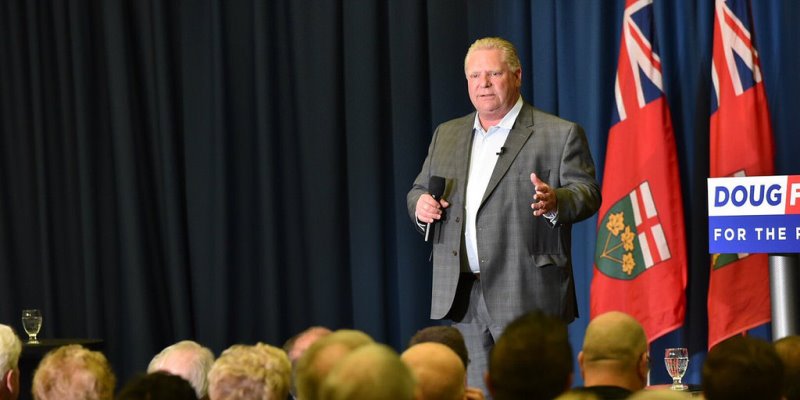Ontario’s fiscal challenges—is there political will to address them?

This is the final installment in a blog series examining the fiscal challenges Ontario continues to face following the recent surprise announcement of an operating surplus in 2021/22.
After forecasting a $13.5 billion operating deficit for 2021/22 in the spring budget, the Ford government recently announced that it actually ran a small operating surplus last year.
In a series of recent blogs, we summarized several fiscal challenges that will make it difficult for the government to prevent deficits from re-emerging in the future. Specifically, how a large existing stock of debt, rising interest rates, aging population and weak economic growth outlook will all put pressure on provincial government finances.
But there’s good news. In addition to pro-growth economic reform, the Ford government and its successors can keep deficits from re-emerging and bring long-term sustainability to provincial finances by exercising spending discipline. In short, if there’s a will, there’s a way. However, the evidence so far suggests that the political will to exercise spending discipline may well be lacking.
Despite years of criticizing its predecessors for reckless spending, the Ford government has followed a very similar fiscal policy approach as the Wynne government and has actually overseen spending increases during its time in office.
Last year’s surprise surplus was therefore not the result of careful spending choices but rather a function of an unexpected revenue boom, which saw the government collect 20 per cent more money than it expected to in 2021/22.
The circumstances that produced this revenue windfall—including a faster-than-expected recovery from the COVID recession and additional revenue from sales taxes related to inflation—are obviously not sustainable sources of long-term revenue growth.
Clearly, Ontario’s surprise surplus for 2021/22 should not lead anybody to conclude that the government has solved the province’s fiscal challenges. Indeed, significant long-term problems remain. Addressing them will require an extended commitment to fiscal discipline and spending restraint. Unless the Ford government and its successors embrace this type of commitment, budget deficits are likely to re-emerge in Ontario and the government will not be able to maintain a sustainable fiscal position in years ahead.

